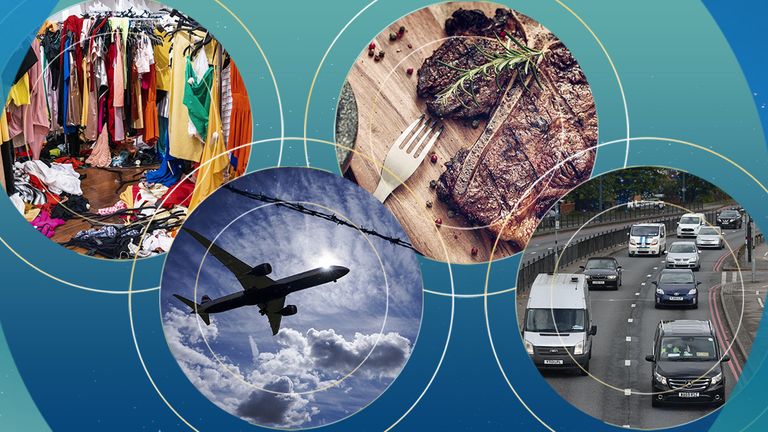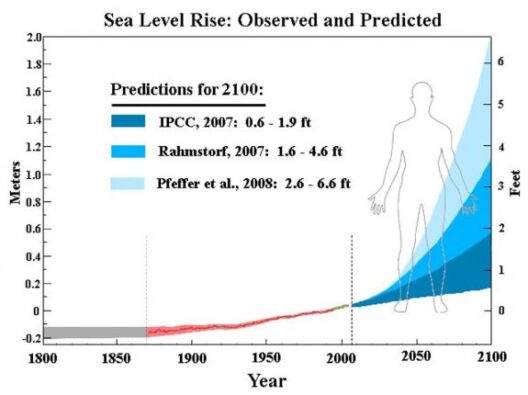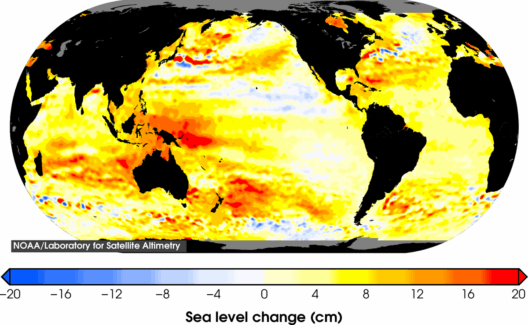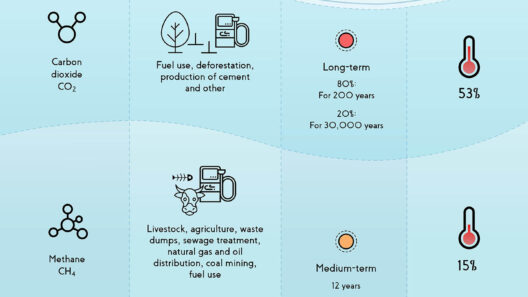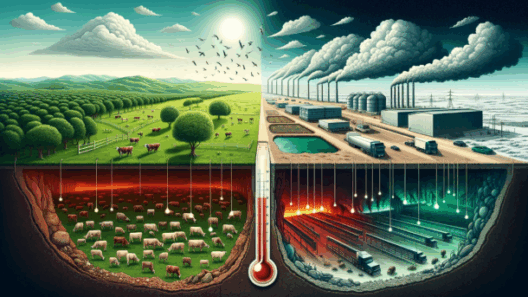Global warming is an issue that looms large over our contemporary existence. As scientific consensus solidifies on the effects of climate change, it is imperative for individuals to recognize their role in mitigating this crisis. While the enormity of the problem can be overwhelming, there are numerous tangible steps that individuals can take to help avert the trajectory of climate change. This article delves into the various individual actions that can be taken to combat global warming, sparking intrigue and emphasizing aesthetic appeal in our surroundings.
Understanding the Enormity of Individual Impact
It is essential to comprehend that individual actions collectively engender substantial changes. Often, people underestimate their power to influence the world surrounding them. The dichotomy between perceived insignificance and actual effect creates a paradox. In reality, every small choice we make adds up, forming a mosaic of impactful action. Regarding climate change, these choices can range from mundane daily decisions to more significant lifestyle transformations.
Start with Personal Choices in Energy Consumption
Energy consumption is a significant contributor to carbon emissions, making it an optimal starting point for individual action. Transitioning to energy-efficient appliances is a foundational step toward curbing energy use. Devices labeled with Energy Star ratings consume considerably less energy compared to their conventional counterparts.
Moreover, consider adopting renewable energy sources. While this may appear daunting, many municipalities offer options for individuals to switch to greener energy providers. Additionally, a more profound commitment to energy conservation can be manifested through simple practices like turning off lights when exiting a room, employing natural light where possible, and unplugging devices that are not in use. Establish a habit of scrutinizing energy bills and discovering patterns that yield opportunities for further reduction.
Transportation: Charting a Course for Sustainability
Transportation is another pivotal area where individual choices profoundly affect carbon footprints. The reliance on fossil fuels in personal vehicles is one of the primary contributors to greenhouse gas emissions. Therefore, the conscious decision to opt for public transportation, carpooling, biking, or walking whenever feasible can lead to significant reductions in personal emissions.
Investing in electric or hybrid vehicles also represents a meaningful commitment to sustainability. While the initial investment may be higher, the long-term savings on fuel and maintenance can offset this expense. Furthermore, the emotive satisfaction of knowing one is contributing to a cleaner environment adds a layer of reward beyond mere financial metrics.
Eating for the Planet: The Power of Dietary Choices
The food we consume is intricately linked to climate change, making dietary choices a compelling aspect of individual action against global warming. The production of animal-based foods generally involves higher carbon emissions compared to plant-based alternatives. Embracing a more plant-centric diet does not require a complete overhaul of one’s dietary habits; rather, it can initially begin with adopting “Meatless Mondays” or incorporating more fruits and vegetables into daily meals.
Sourcing local produce is a beautiful way to not only reduce carbon emissions from transportation but also support local farmers and economies. Farmers’ markets and community-supported agriculture programs offer an abundance of seasonal produce while promoting sustainability. The aesthetics of fresh, vibrant food create an enticing visual experience on the plate, simultaneously nourishing the body and the environment.
Waste Reduction: The Art of Minimalism
Waste generation contributes significantly to greenhouse gas emissions, particularly through landfills. Adopting a minimalist mindset towards consumption can inspire creativity in reducing waste. Begin with the concept of the “three Rs”: Reduce, Reuse, and Recycle. Be vigilant about reducing unnecessary purchases and opting for reusable products such as bags, bottles, and containers.
Composting is another invaluable practice for waste management. Not only does it divert organic waste from landfills, it also enriches soil health and promotes a sustainable cycle of growth. The act of composting, often described as a marriage of science and artistry, can enhance outdoor aesthetics while augmenting ecological balance. By nurturing the earth, one crafts a tapestry of sustainability.
Engagement and Advocacy: Amplifying Individual Voices
Going beyond individual actions, advocacy plays a crucial role in the fight against climate change. Engaging in community initiatives, supporting environmental organizations, and voicing concerns to policymakers can amplify the collective impact of individual actions. Being an active participant in local discussions on sustainability can foster a sense of community while inspiring others to join the cause.
Social media platforms serve as powerful tools for spreading awareness about climate change and individual actions that can be taken. By sharing insights, stories, and successes, individuals can create a ripple effect that encourages others to contribute actively.
Conclusion: A Collective Journey Towards a Sustainable Future
Combating global warming is indeed a daunting challenge, yet it begins with the individual. The decisions made in daily life—whether it’s energy consumption, transportation choices, dietary habits, waste management, or advocacy—are integral components of a larger movement toward sustainability. Each action resonates beyond the immediate environment, contributing to a cumulative impact that has the potential to alter the course of our planet’s future. By approaching climate change with intention and creativity, every person can become part of the solution, conjuring a vision of a thriving, resilient world.



